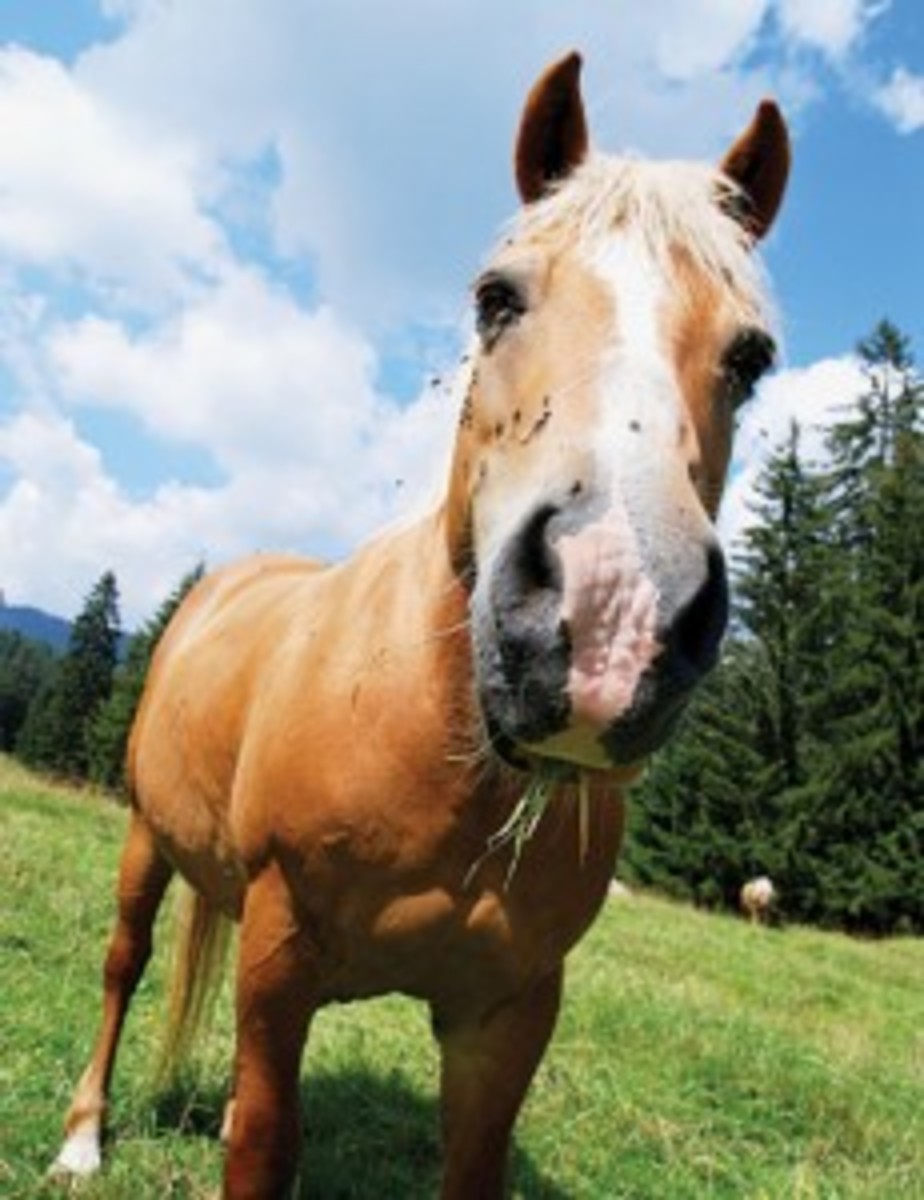A number of confirmed cases of Vesicular Stomatitis (VS) in Colorado and Texas might have owners wondering about the signs, symptoms, progression, and prevention of the condition. Here is some information compiled from the Colorado Department of Agriculture and vetmed.wisc.edu. For more information about how to control flies and avoid the spread of disease, visit our website.

What is it?
VS is a viral vesicular disease in the rhabdovirus family that is spread primarily through the movement of livestock and horse, but can also be spread by insects such as flies.
Some signs include fever, vesicles, erosions, inflammatory legions, and skin sloughing around the muzzle, tongue, and teats. Rupture of oral vesicles case pain, and coronary band lesions can lead to lameness.
Tips for Owners:
- Strict fly control.
- Avoid sharing feed and watering, cleaning, or health care equipment between herds.
- Keep veterinarian health certificates up-to-date, especially if you plan to compete at, or transport your horse to a fair, livestock exhibition, show, or rodeo.
- At an event, minimize risk by avoiding sharing water and feed equipment, by applying insect repellent daily, and being watchful for signs or symptoms of VS, or other changes in your horse’s health or behavior.
- Contact state veterinarians for guidelines for interstate transfer, and the USDA for international transportation.






